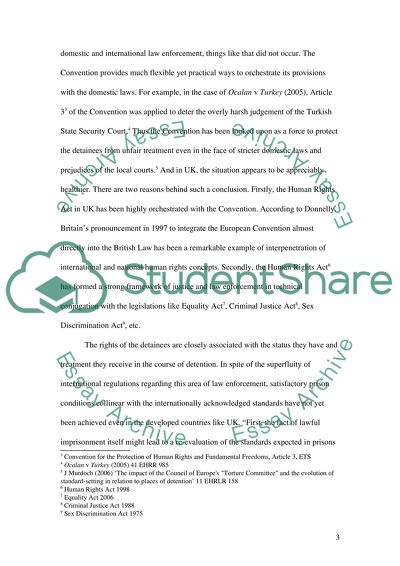Cite this document
(“Public Law (European Convention on Human Rights): The Rights of Essay”, n.d.)
Retrieved from https://studentshare.org/law/1446071-public-law-european-convention-on-human-rights
Retrieved from https://studentshare.org/law/1446071-public-law-european-convention-on-human-rights
(Public Law (European Convention on Human Rights): The Rights of Essay)
https://studentshare.org/law/1446071-public-law-european-convention-on-human-rights.
https://studentshare.org/law/1446071-public-law-european-convention-on-human-rights.
“Public Law (European Convention on Human Rights): The Rights of Essay”, n.d. https://studentshare.org/law/1446071-public-law-european-convention-on-human-rights.


